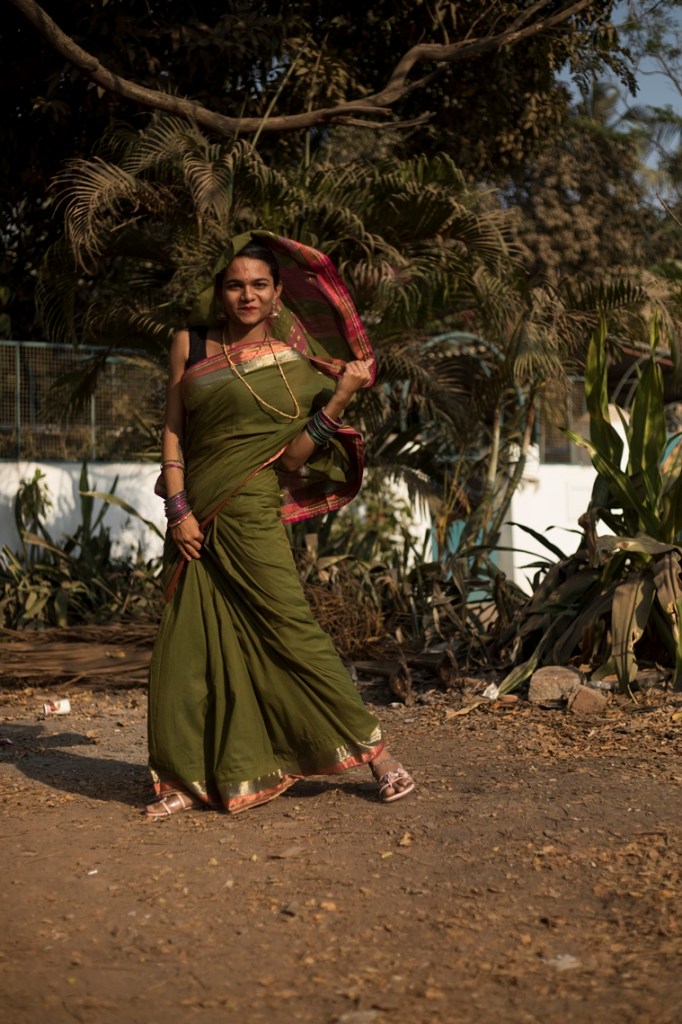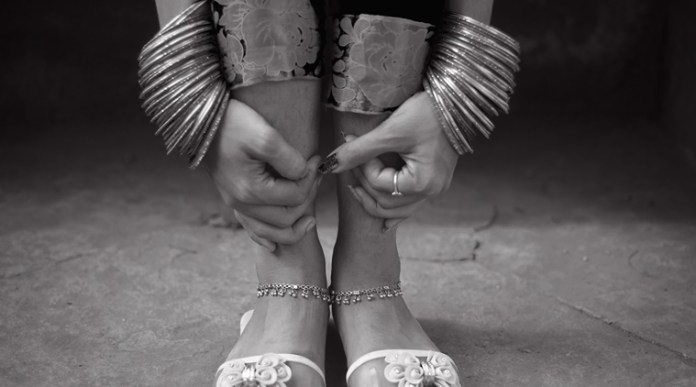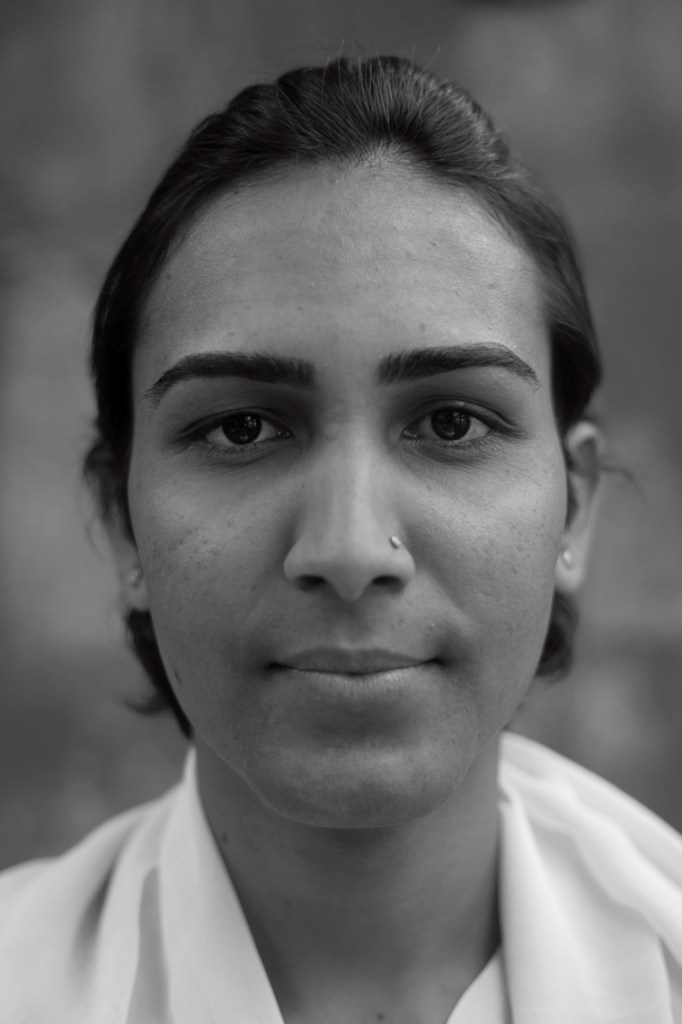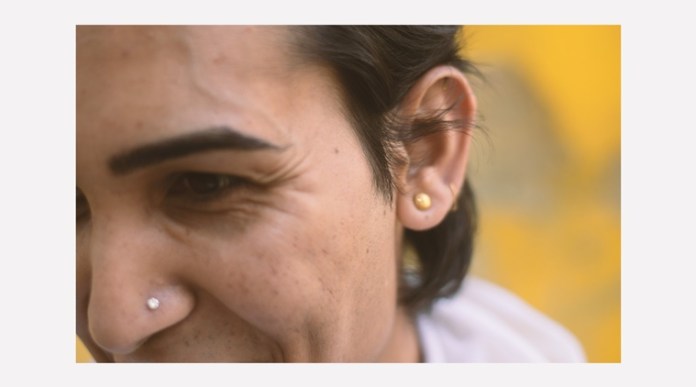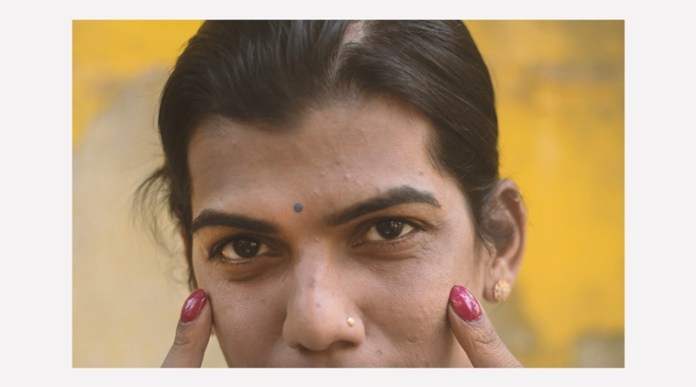A round-up of what’s happening in the worlds of gender and sexuality

Students from various colleges holding placards as they shout slogans during a rally against gender discrimination and violence toward women in Mumbai on December 10, 2014.
Credit: Shailesh Andrade/Reuters.
Frame national policy for relief to sexual assault victims: Supreme Court
A bench of the Supreme Court has directed the Centre to frame a uniform policy to financially compensate victims of sexual violence, according to a report in The Hindu.
It has issued a notice to the Centre, the states and the union territories on the question of the implementation of Section 357 A of the Criminal Procedure Code, which mandates that the states must coordinate with the Centre in order to properly compensate and rehabilitate victims of sexual violence or their dependents.
The bench said: “Setting up of Nirbhaya Fund is not enough… The Union of India must ensure that adequate relief is being provided to the victims of sexual offences”.
New investigation team created for Kerala Dalit law student’s rape and murder
The newly elected Left Democratic Front (LDF) state government in Kerala has constituted a fresh team to investigate the rape, torture and murder of a Dalit law student in Perumbavoor.
According to a report in The Hindu, Additional Director General of Police B. Sandhya will head the team. Chief Minister Pinarayi Vijayan said that the move was a result of complaints against the ongoing investigation.
Dalit woman kidnapped, raped for two days in Chikkaballapur
Three men kidnapped and raped a 21-year-old Dalit woman in Chikkaballapur, Karnataka. The woman was kidnapped on May 20 while waiting for a bus by the three men, who are auto-rickshaw drivers. They then allegedly raped her for two days. The men have been arrested.
China shames Taiwan’s new president for being single
An article by the Chinese state news agency Xinhua has said that Taiwan’s newly elected, first female president, Tsai Ing-wen, “leans toward an emotional, personal and extreme development of her political ruling style,” because she is single and doesn’t have children, says a report in The Huffington Post.
The article was removed after widespread criticism, but a cached version is still available online.
Adivasi woman murdered
A 55-year-old Adivasi woman was shot dead by three young men on motorcycles on May 26. Reports say that she was targeted by them because they “suspected her of performing black magic on the villagers at Sijukala in Mayurbhanj district.”
Police officers say that they have launched a search operation to arrest the killers.
Teenage boy stripped, paraded naked in New Delhi
Four men stripped and assaulted a 16-year-old boy for sitting on their scooty, according to a report in Gaylaxy. The boy was paraded naked and may also have been sexually assaulted, say reports.
The boy alleges that he was sexually assaulted by the men and that they inserted a beer bottle into his body, but the police deny these charges. All four have been arrested.
Tweets of gangrape in Rio de Janeiro highlight breakdown of order
A 16-year-old girl was reportedly raped by over 30 men in Rio de Janeiro, reports say. Two of the perpetrators posted a video and pictures of the attack on Twitter. A report in the Globe and Mail says:
“Before the accounts were suspended, the tweets racked up more than 550 likes and a deluge of replies with smiley faces and thumbs-up. Commenters using vulgar language celebrated the damage apparently inflicted on the girl’s genitalia and said she had no doubt ‘been asking for it.’ (…)
The rape occurred against a larger backdrop of what activists are calling an enabling environment in Brazil.
Hours before news of this case broke, the Brazilian Education Minister Mendonca Filho held a high-profile meeting with Alexandre Frota, an actor and reality television star who has repeatedly said he would have no qualms about having sex with a woman who did not consent.”
Asian Human Rights Commission calls for inquiry in the wake of the murder of Pakistan transgender activist
Taking cognisance of routine violence against transgender people in the Khyber-Pakhtunkhwa province of Pakistan, and in the wake of the murder of transgender activist Alesha, the Asian Human Rights Commission has called for an independent enquiry into transphobic violence in the country. A statement on the organisation’s website reads:
“The provincial police should be prosecuted for their involvement in torture and harassment against transgender (people), and disciplinary action must be taken against the doctors and staff at Lady Reading Hospital, Peshawar for not providing treatment to a transgender (person). The government must also immediately provide safety and security to all transgender rights defenders. The KPK police must be asked to arrest the gangs who are working in the pornographic business particularly of transgender (people), and the killers of Alesha. The AHRC is writing a separate letter to the UN Special Rapporteur on situation of Human Rights Defenders.”
Alesha was kept waiting for treatment for over an hour at the Lady Reading Hospital in Peshawar and then taunted by hospital authorities because she was transgender.
Islamic idelogy body proposes husbands be allowed to ‘lightly beat’ wives
The Council of Islamic Ideology (CII) has proposed its own bill for the protection of women, in which it prescribes that husbands can ‘lightly beat’ their wives for certain kinds of ‘defiant’ behaviour, which it lists. The bill also proposes a ban on co-education institutions after primary education, women nurses taking care of male patients, women taking part in military combat and more. However, it says that a woman can join politics and marry without the permission of her parents.
The CII is a Constitutional body that gives recommendations to the country’s parliament based on Islamic laws. The parliament, however, is not obligated to accept these recommendations.
Amnesty International releases policy and research on protection of sex workers’ rights
Amnesty International published on May 26 its policy on protecting sex workers from human rights violations and four research reports on human rights abuses against sex workers in four countries – Papua New Guinea, Hong Kong, Norway and Argentina.
The research reveals that sex workers face horrific abuse the world over, even in countries like Norway, where they are popularly perceived to be safer. The research reveals law enforcement officials’ role in perpetrating this violence and shines a light on violence against male and transgender sex workers.
The organisation recommends full decriminalisation of sex work around the world.
In July 2015, a number of Hollywood celebrities had called on Amnesty to reject its plans to call for decriminalisation. The actors’ statement was condemned by a number of sex workers.
If you want to receive regular email updates from this column, subscribe to our weekly gender newsletter.






